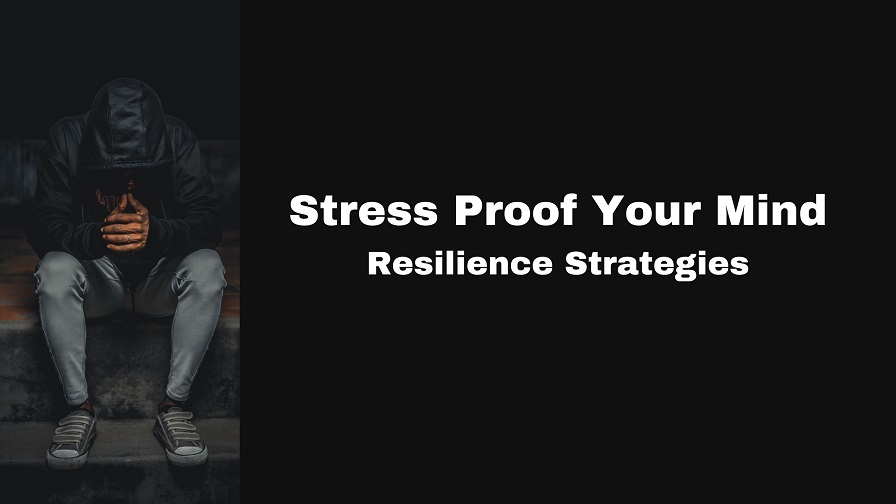Stress Proof Your Mind: Resilience Strategies
Life is filled with challenges and uncertainties, and stress is an inevitable part of the human experience.
However, developing resilience can empower you to navigate these challenges with grace, adaptability, and a positive outlook.
Resilience is the ability to bounce back from the adversity and grow stronger in the face of difficulties.
By implementing effective resilience strategies, you can fortify your mind and build a foundation that helps you better manage stress and maintain your well-being.
This article delves into resilience and offers practical strategies for stress-proofing your mind.
Understanding Resilience
Resilience involves emotional, cognitive, and behavioral skills that enable you to cope with stress and setbacks. Resilient individuals possess the ability to:
Adapt to Change: Resilient people can adjust to new circumstances, embracing change as an opportunity for growth.
Maintain Perspective: Resilience enables you to maintain a balanced perspective during difficult times, focusing on the bigger picture.
Manage Emotions: Resilient individuals have effective emotional regulation skills, allowing them to manage and express their feelings healthily.
Problem-Solve: Resilience promotes effective problem-solving skills, helping you identify solutions and take proactive steps.
Build Relationships: Resilience enhances your ability to connect with others and seek support when needed.
Strategies for Building Resilience
Cultivate a Growth Mindset
Adopt a growth mindset, believing that challenges are opportunities for growth and learning. Embrace setbacks as stepping stones toward personal development.
Practice Self-Care
Prioritize self-care activities that nourish your physical, emotional, and mental well-being. Engage in exercise, healthy eating, sufficient sleep, and relaxation techniques.
Develop Strong Social Connections
Build meaningful relationships with friends, family, and a support network. Sharing your feelings and seeking help when needed fosters resilience.
Practice Mindfulness and Meditation
Engage in mindfulness and meditation practices to stay present, reduce stress, and enhance your ability to manage challenging situations.
Cultivate Problem-Solving Skills
Develop effective problem-solving skills by breaking challenges into manageable steps, seeking creative solutions, and taking action.
Develop Flexibility
Cultivate adaptability by being open to change and embracing uncertainty. Flexibility allows you to navigate unexpected twists with greater ease.
Seek Professional Help
If you’re struggling with overwhelming stress, anxiety, or other challenges, don’t hesitate to seek support from therapists, counselors, or mental health professionals.
Practice Positive Self-Talk
Challenge negative self-talk and replace it with empowering positive affirmations. Your thoughts influence your emotions and actions.
Build Resilient Habits
Develop routines and habits that promote resilience, such as setting goals, maintaining a journal, and engaging in regular self-reflection.
Develop Problem-Solving Skills
Break down challenges into smaller, manageable steps. Tackling each step incrementally makes the overall goal less overwhelming.
Conclusion
Building resilience is a transformative journey that empowers you to thrive in adversity. By cultivating a growth mindset, prioritizing self-care, fostering meaningful connections, and adopting effective problem-solving strategies, you can stress-proof your mind and build a strong foundation for emotional well-being.
Remember that resilience is a skill that can be developed over the time with practice and perseverance. By embracing the challenges as opportunities for growth and employing these resilience strategies, you can navigate life’s complexities with greater strength, positivity, and a sense of empowerment.
Thanks for visiting How To Cure Stress

